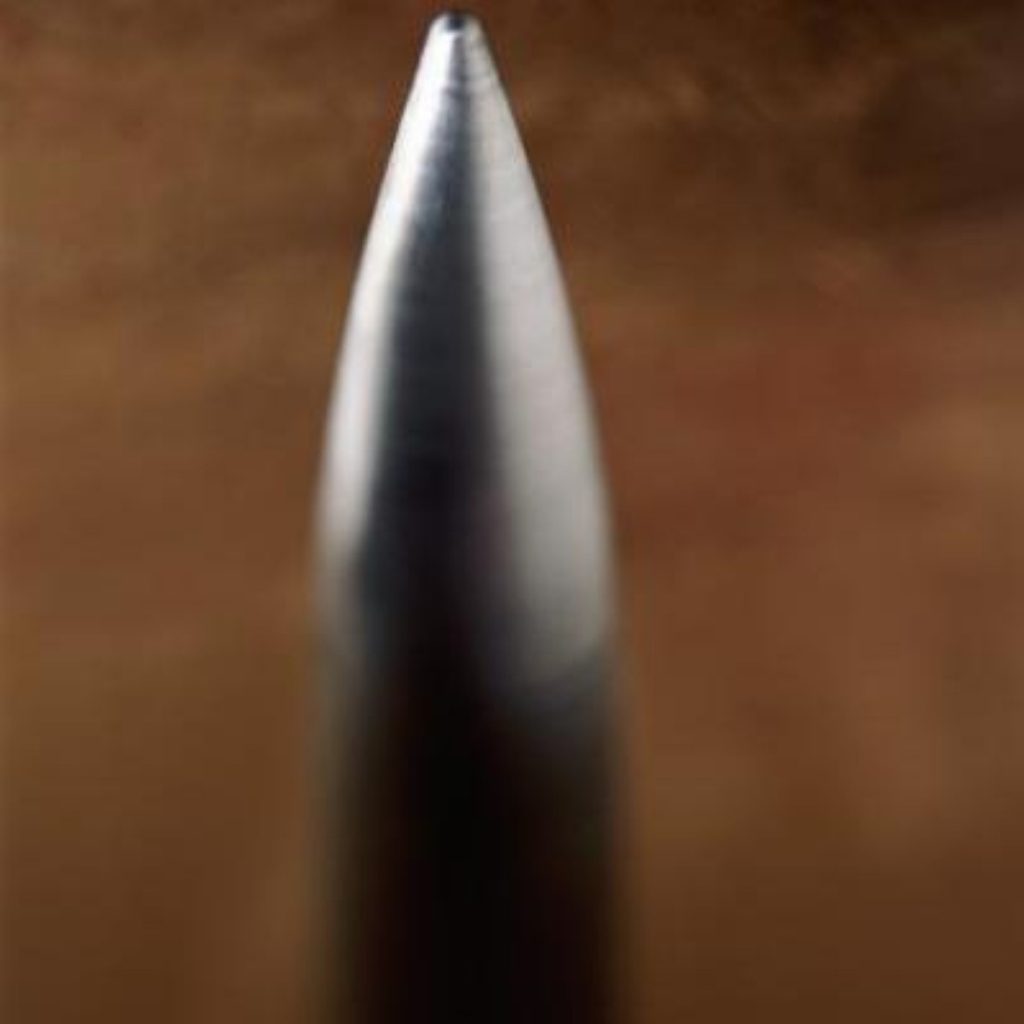Syria: Even Clegg wary of hawkish Cameron
Nick Clegg struck a decidedly cautious tone over Syria today, raising questions about how much support there is in government for David Cameron's increasingly hawkish stance over the conflict.
Ahead of a meeting between the prime minister and Russian president Vladimir Putin, Clegg told the Andrew Marr programme that arming the rebels was "not the right thing to do now at this point".
He added: "We're trying to strike the right balance between playing a part with other allies but not embroiling this country in military conflict in a way I don't think would be acceptable to the British people.
Asked whether the deputy prime minister's more cautious tone suggested the Lib Dems were prepared to oppose intervention in the same way they opposed war in Iraq, Clegg was keen to point out the differences.


"This is not like Iraq and it's different to Libya as well. This is a bloody civil war. The idea we can provide a unilateral British military solution to this is fanciful," he said.
Clegg is not alone in his concerns. The Sunday Times estimates that two-thirds of Tory MPs oppose moves towards arming the Syrian rebels.
During last week's PMQs Ed Miliband raised several concerns about the move, raising the possibility that the government would lose a Commons effort to arm elements of the opposition.
Cameron tried to address some of those concerns in an interview with Sky News today – particularly the argument that the arms could find their way into the hands of extremists.
"I want nothing to do with them, I want them driven out of Syria, they are linked to al-Qaida," Cameron said.
"If we don’t help those elements of the Syrian opposition then we can't be surprised that the only elements making progress are ones we don't approve of."
Putin will hold talks with Cameron today, in a bid to cover some of their areas of disagreement ahead of next week's G8 summit.
Russia is arming government forces in Syria and are set to give President Assad sophisticated new air defences which could make a western-implemented no-fly zone more dangerous for the US, Britain and France.
The main focus of the G8 will be on trying to secure a political alternative to the conflict through a Geneva summit.
But while Assad has agreed to attend the summit, rebel leaders have refused unless he steps down first.

